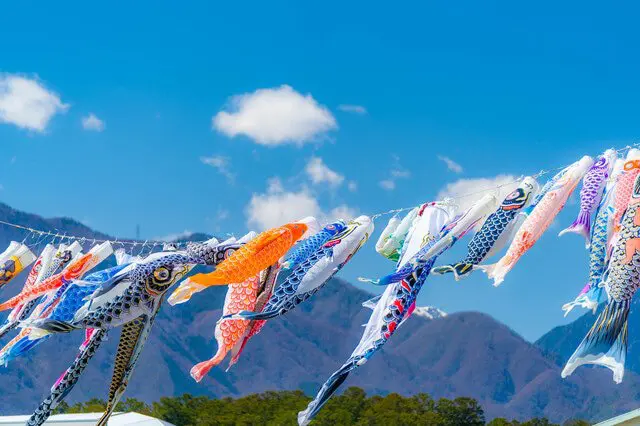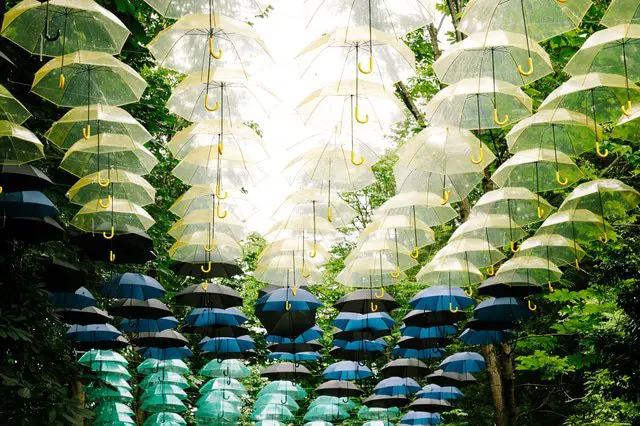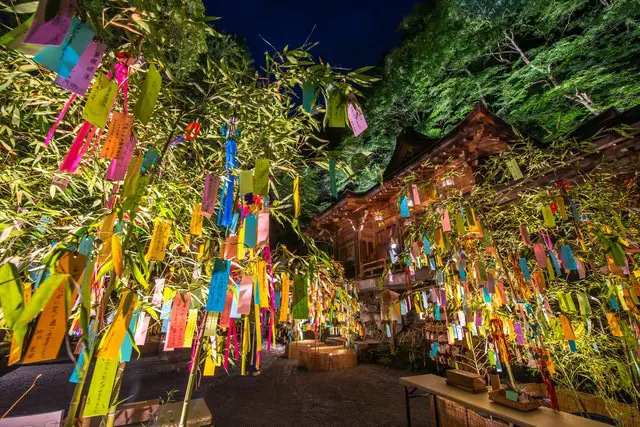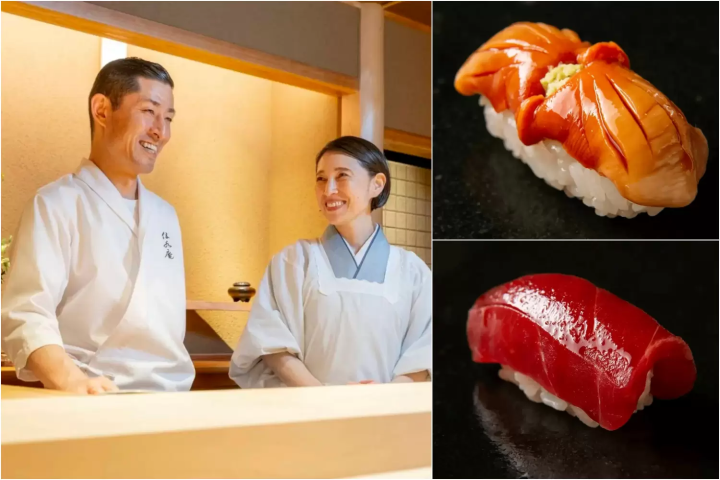Annual Events And National Holidays In Japan

There are various annual events in Japan that we have been well-acquainted with since childhood that may be novel to the world. We will introduce annual events that even Japanese people like to keep in mind when traveling overseas.
There are various events that take place all year round in Japan that may seem unusual to the rest of the world. Even some events that the Japanese themselves have been well-acquainted with since their childhoods are novel to those overseas. In this article, we will be introducing annual events that the Japanese fondly recall or even celebrate while overseas, starting from April.
Ohanami (Cherry Blossom Viewing): Late March to Early April

From: Experience The Stunning Sakura At Chidorigafuchi, Tokyo
Cherry blossoms are the national flower of Japan. Though their season differs from region to region, the best time to see the flowers in the suburbs of Tokyo are from late March to early April. Flower viewing picnics held underneath cherry blossoms in full bloom are a staple event of this season.
Entrance and Welcoming Ceremonies: Early April
April is the start of the academic and financial year in Japan, and is a time for new beginnings, surrounded by the cherry blossoms that also symbolize the impermanence of life.
Golden Week: End of April to Start of May
Golden Week generally consists of only three days, May 3rd (Constitution Memorial Day), May 4th (Greenery Day), and May 5th (Children’s Day), but when the weekend of April 29th (Showa Day) is included, it becomes a long holiday. Roads and other transportation routes will be congested due to those going on vacation or those returning to their hometowns during this break.
Children’s Day: May 5th

Photo by Pixta
May 5th is a seasonal festival held to pray for the happiness of one's sons in Japan. When the first male grandchild is born in a family, his grandparents will present him with a koi nobori (*1), which is then hung around the house. Models of traditional Japanese armor or helmets are also used as decorations for this day.
*1 Koi Nobori: a banner made of paper or cloth with the image of a carp (koi) drawn on it.
Tsuyu (Rainy Season): June - July

Photo by Pixta
In Japan, the period between June to July is known as the rainy season; a time when it constantly rains due to the influence of the seasonal rain front. When compared to other countries, rather than a torrential rain, the rainy season is a continuous drizzle over a long period of time. An added brilliance to this otherwise slightly overcast season are the hydrangeas which grow in profusion.
Tanabata (Star Festival): July 7th

Photo by Pixta
This festival became what it is today when Tanabata, an event that was introduced from China in the Nara period, was combined with a former Japanese holiday.
In Japan, it is said that Orihime and Hikoboshi were separated as they took advantage of their relationship to stop working. They are only able to cross the Milky Way and meet once a year on the day of Tanabata.
Writing a wish on tanzaku (*2) and securing it on bamboo leaves is a custom that is ingrained in Tanabata and is said to have originated from Orihime’s work in sewing. It was originally a custom where one would pray for their improvement in sewing and weaving to honor Orihime, but expanded to wishes to improve in calligraphy and the traditional performing arts in the Edo period. Nowadays, wishes are not restricted to sewing or calligraphy and any kind of wish can be written on the tanzaku.
*2 Tanzaku: Paper that is cut into long and narrow strips. An item originally used when composing tanka (31-mora Japanese poems) or haikus.
Firework Festivals: July - August

From: Nithin Selaraju
When talking about summers in Japan, firework festivals definitely come to mind. The launching techniques that Japan takes pride in are definitely something that visitors from abroad will not want to miss! The main festival in Tokyo is definitely the one held on the Sumida River near Tokyo Skytree and Asakusa.
Summer Festivals: July - August

Summer festivals are another thing that comes to mind when speaking of summer in Japan. Girls and women wear yukata (*3), while men either wear yukata or jinbei (*4) to enjoy Bon Festival dances or temple festivals. Summer festivals are said to have originated as a way to sooth the fatigue from farming in rural regions and were held to prevent summer illnesses in urban areas.
*3 Yukata: a type of Japanese clothing that is thinner than the usual kimono. Mainly worn in the summer.
*4 Jinbei: Japanese clothing that is unisex, but worn by men or children, featuring a shirt and shorts.
Obon: August 15th
In Japan, where Buddhist culture plays a great part of everyday life, Obon takes place on August 15th and is a time spent with family in order to welcome the spirits of departed ancestors.
It varies from year to year, but generally the three day period from August 13th to the 15th is a holiday. Similar to New Year’s Day, it is a time when there are traffic jams due to the rush back to hometowns and other transportation routes become congested. Many shops will also close during this period, so be sure to check beforehand whether or not smaller stores will be open if there is a place that you are wanting to check out.
This is the official account of MATCHA's editorial department. Our articles feature useful travel information for visitors to Japan, from how-to guides to recommended places to visit.



































![[No need to worry!] A guide to buying entertainment tickets in Japan](https://resources.matcha-jp.com/resize/720x2000/2025/04/21-231654.webp)


![[ Naruto City, Tokushima Prefecture ] Experience the world's largest whirlpools up close on a sightseeing boat at the Spring Whirlpool Festival!](https://resources.matcha-jp.com/resize/720x2000/2025/02/05-222727.webp)